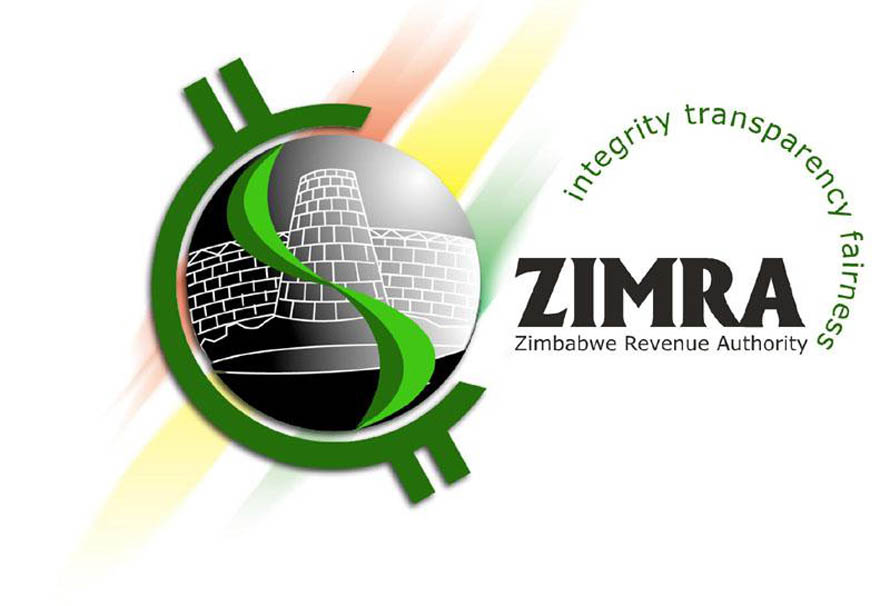
The Sunday Mail

THE Zimbabwe Revenue Authority, it might seem, has set itself on a very productive path since the start of 2016.
But industry, especially companies that have historical debts, now face an existential problem, as Zimra begins to lump huge interest rates on their obligations.
On February 19, 2016 authorities began adding interest on income tax accounts and on February 28, 2016 interest was similarly calculated on VAT accounts and added to the amounts owed.
Zimra’s debt management office says the said interest, which dates back as far as 2009, is calculated by the system.
This has the potential to seriously dent the cashflow of the affected companies, especially in a very tough market as our own.
Zimra is very clear when it comes to penalties that are charged on either debtors and or defaulters.
On the PAYE (pay as you earn) return, it is clearly stated that interest is charged at 10 percent per annum for the late remittance of PAYE.
And the Zimra website says, “Penalties and interest are chargeable if a client fails or delays to pay VAT as prescribed in subsection (1) of section 28 of the VAT Act (Chapter 23.12). A delay or failure to pay VAT on due dates attracts penalty at the rate of 100 percent of the tax due as per section 39 (2) (a) (i) of the VAT Act. Interest is charged at prescribed interest rates as per section 39(2) (a) (ii) of the VAT Act.”
In as much as the Authority is following the spirit and letter of the law, there is need to interrogate issues on a case-by-case basis lest the exercise will have the adverse effect of killing the goose that lays the golden egg.
The interest rates that are currently being charged have implications on the cashflow of the affected companies.
Of most immediate concern is the fact that some companies are now failing to get tax clearance certificates, which means suppliers are now deducting a 10 percent withholding tax.
It is not a secret that the local market is currently illiquid.
If Zimra continues to tighten the noose on companies, it inevitably means that they will choke and the job market will continue to shrink.
Furthermore, it is the nonchalant attitude of tax collectors that is even more disturbing.
A senior Zimra official once told me “he doesn’t lose sleep just because one company closes due to huge tax liabilities”.
Of course, he cannot be expected to lose sleep. In fact, it is the business owner that is likely to sleep, and his workers and their families too.
Zimra must not lose its heart and conscience.
Our own peculiar set of circumstances has to be considered if we are dealing with local companies. Industry has braved more than 16 years of sanctions.
While acknowledging that Zimra’s core business is to collect revenues, it has to be said that the Authority needs to weigh the pros and cons of their decisions before there are implemented.
Professional judgement and the law should be counter-balanced.
Companies are not only bearing the brunt of punitive interest rates, but Zimra audits are also heavily weighing on them as well.
There is a recent case where a local firm that generates annual revenues of US$100 000 was slapped with a US$140 000 bill. Compounding matters, the company is seriously plagued by bad debts.
Is it possible for a company to survive after such an ordeal?
It is worth mentioning that the said companies was actually compliant, save for a few minor mistakes it made accounting for its expenses.
The law has to be just.
Zimra and the finance ministry have to seriously look into this matter, especially the current interest rates that are being lumped on companies.
The seven years leading to 2016 have been a big learning curve for most companies.
The transition from the Zimbabwe dollar to the multicurrency system had its own ups and downs. It might seem that backdating interest rates to as far back as 2009 is unfair to many companies.
Local companies should not be treated like their peers in South Africa and the United States whose economies are relatively stable.
For starters, we are using a foreign currency, which is very scarce. Companies have had to rely on barter trade as cash is not readily available.
All this must be taken into account.
This is not the time to be adding liabilities to already struggling companies.
If companies are struggling to pay the principle amounts due to Zimra, can they honestly be expected to pay additional penalties and interest charges?
So it is advisable for Zimra’s Commissioner-General and his staff to consider these issues seriously.
It will be good if the interest charges that were factored in last month are waived.
Taurai Changwa is an articled Accountant with vast experience on tax, accounting, audit and corporate governance issues. He is MD of SAFIC Consultancy and writes in his personal capacity. Feedback: [email protected], Facebook page SAFIC Consultancy, and WhatsApp 0772374784



